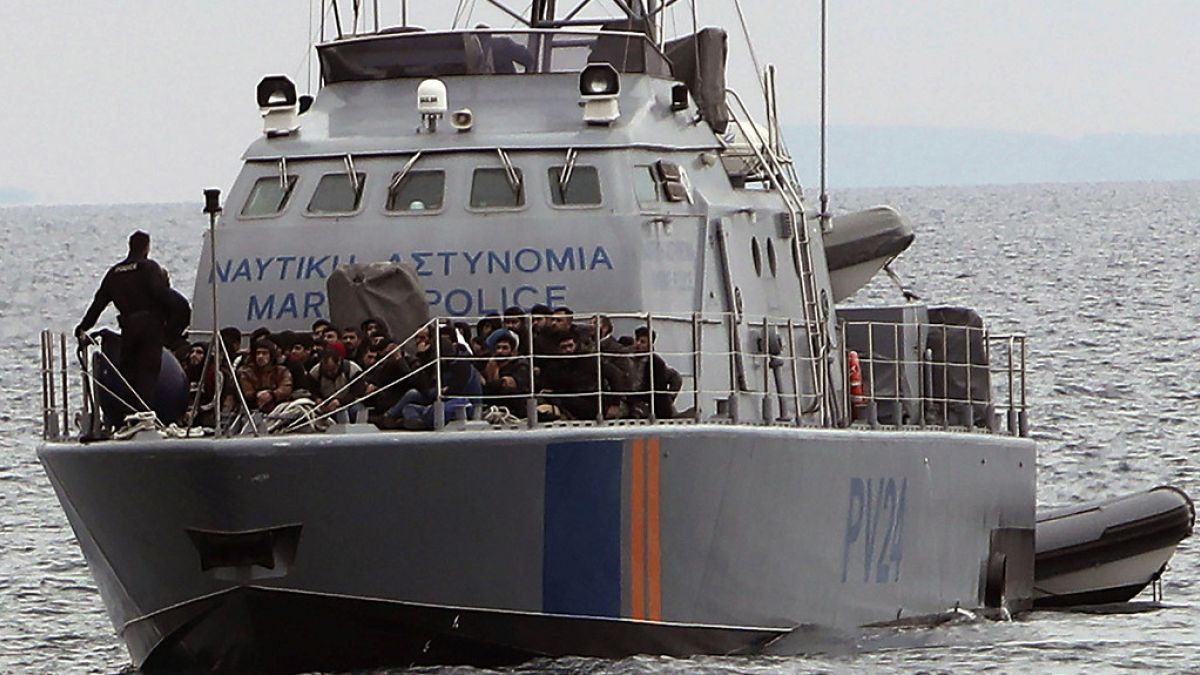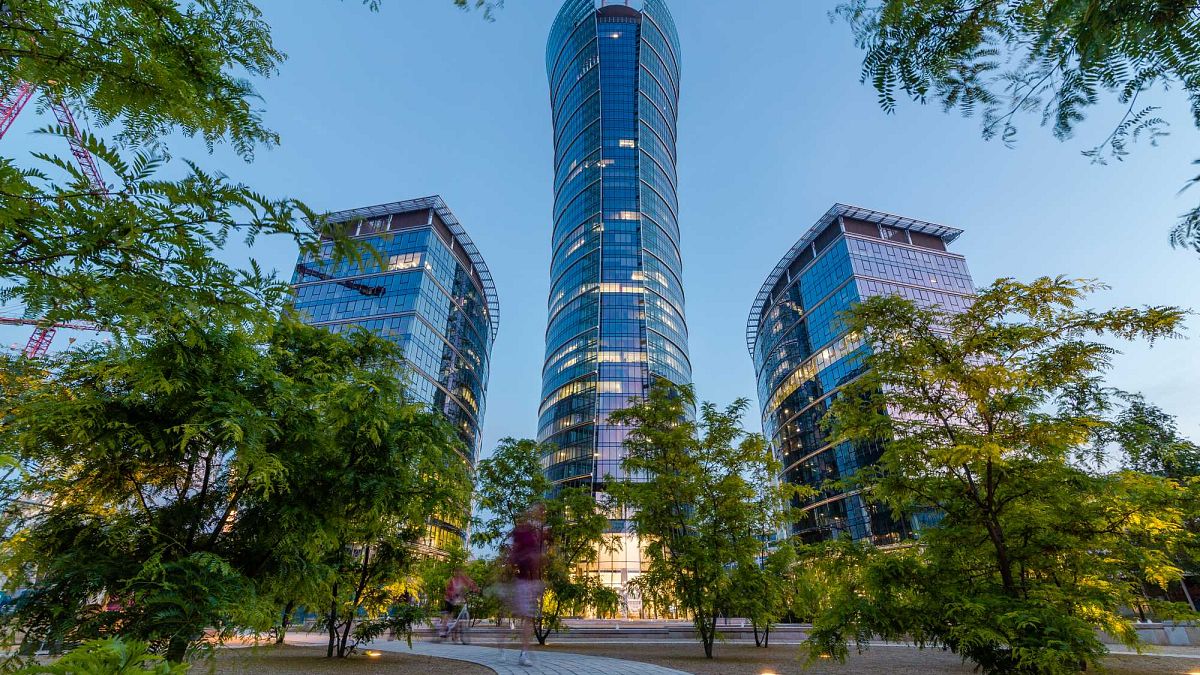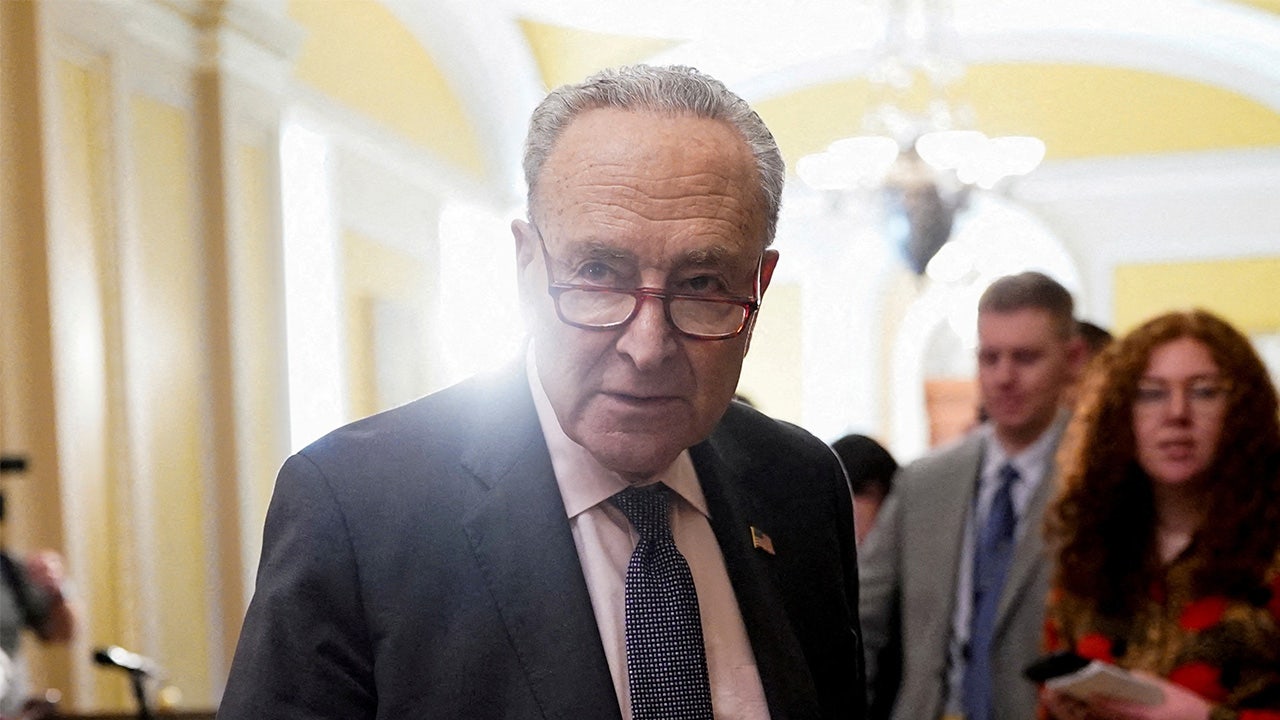World
EU and Tunisia must stem migration, but respect human rights – Weber
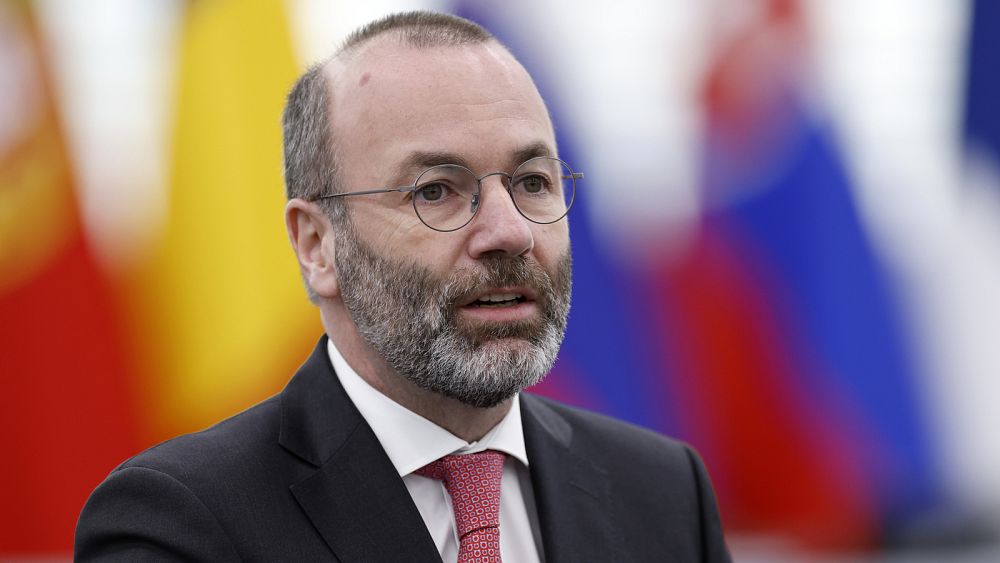
The EU must work with Tunisia to bring the number of illegal migrants down while respecting their right to human dignity, the leader of the centre-right European People’s Party (EPP), Manfred Weber, told Euronews.
“Our approach is clear. We have to respect human rights. We have to respect the human dignity of every migrant. But on the other hand, we have to fight against illegal migration,” Weber said Friday in an interview, days after he visited Tunisia to discuss migration issues with President Saied and the country’s foreign and home affairs ministers.
In July, the EU struck a controversial deal worth over €700 million with Tunisia to prop up the country’s economy and curb irregular migration into Europe.
Of that envelope, €105 million will fund migration control measures such as anti-smuggling operations, border management and the return of asylum seekers. Tunisia is a departure point for thousands of migrants crossing the Mediterranean into Europe, and the deal could be used as an EU template for agreements with other North African countries.
But the arrangement has been blasted by members of the European Parliament (MEPs) for failing to recognise mounting evidence of Tunisian authorities’ abusive treatment of sub-Saharan migrants, including illegal pushbacks, racial hatred and human rights violations.
In early August, 27 migrants were found dead in Libyan territory near the Tunisian border, days after Interior Minister Kamel Fekih admitted small groups of migrants were being pushed back into the desert region bordering Libya and Algeria.
President Saied has also previously embraced far-right conspiracies that migrants are plotting to change the country’s demographic make-up.
Humanitarian, but strict
When asked about the questionable human rights record of the Tunisian authorities, Weber said that “European migration policy is always built on humanitarian spirit to respect the individual people behind. But on the other hand, to have strict control about the borders.”
Weber, who in 2017 criticised former US President Donald Trump for building a fence wall at the US border with Mexico, now suggests Europe needs such mechanisms to protect its borders.
“For me, it’s clear we have to protect our borders. And if we need for this all the technical measures like we did it on the Turkish Greek border, then it’s needed,” he said.
“I want to make sure that our European citizens know that the states control who is arriving, and not the smugglers,” he added, “otherwise, we cannot secure the support of our citizens for legal migration, such as the Ukrainians who are currently coming to Europe.”
Weber also said the EU needs to ensure there are safe and legal pathways for those fleeing war and conflict to enter the EU.
“We must make sure that those who are coming are real refugees, asylum seekers, and really have a protection status,” he said.
“Not only about EU interests”
Speaking about the conditions of the new cooperation with Tunisia, Weber said that the relationship must be based on mutual respect.
“It’s not only about our interests, about migration, it’s also about their interests, about investments, about job opportunities for the future,” he said. “We have to practise a respectful relationship with our neighbours there. Otherwise, we cannot solve the problems.”
“Tunisia has an interest in having more investments from European companies to create good job opportunities for the young generation, so that there’s no reason anymore to leave the country,” he added, “and we have an interest in reducing the numbers of illegal arrivals, especially in Italy.”
But the European Commission’s director-general for neighbourhood policy, Gert Jan Koopman, told the European Parliament on Thursday that the funds pledged by the EU in the July agreement are currently blocked, with the first payment originally scheduled for July yet to be made.
A top electoral issue
Weber was criticised by left-leaning groups in the European Parliament following his trip for misusing the migration issue for political gains, a claim he rejects.
“Migration is for a lot of citizens in Europe, one of the top issues,” Weber said, “we are facing a referendum in Poland. The Dutch government failed due to migration. A lot of people are concerned about this.”
Weber claimed the EPP is taking a moderate and pragmatic stance on migration compared to its left and far-right counterparts.
“The EPP cares about the interests of our citizens and that’s why we want to solve problems,” he said, “we don’t want to use it like right extremists to make people afraid, and we are not moralists like the left who are only telling us what we should from a moral point of view.”
“We are practically solving problems with the idea of a humanitarian approach, but with strict border control,” he added.
Migration is likely to be top of many voters’ minds come the European elections next June.

World
US Postal Chief DeJoy Stepping Down Immediately
World
UN blames Israelis for attack on compound but doesn't mention Hamas, says forced to reduce Gaza footprint
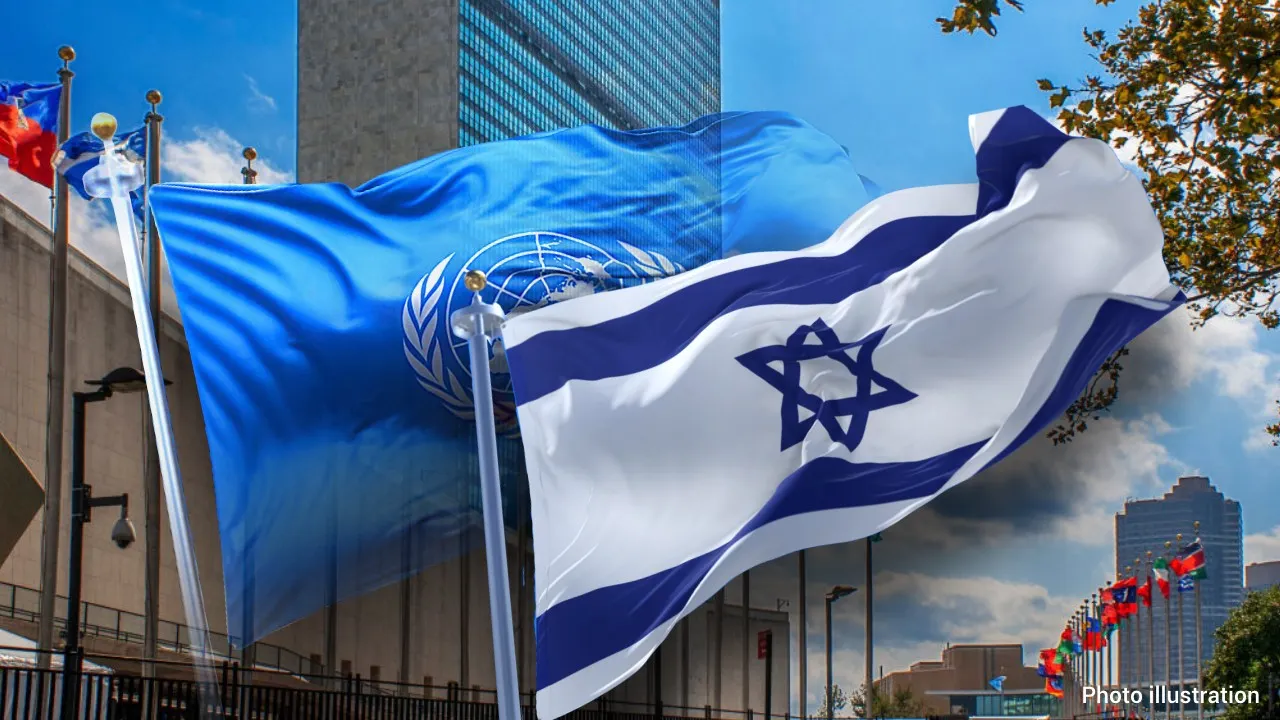
The United Nations is once again under the microscope for blaming Israel for an attack on a compound as it opts to curb its footprint in Gaza, according to the world body.
The spokesperson for United Nations Secretary-General António Guterres issued a statement noting the U.N. had “taken the difficult decision to reduce the Organization’s footprint in Gaza” even as “humanitarian needs soar.”
U.N. spokesman Stephane Dujarric claimed that “information currently available” indicated that a strike on the U.N.’s Deir al Balah compound on March 19 was “caused by an Israeli tank.” One U.N. employee was killed in the incident, and six others were wounded, Dujarric said.
DOGE USAID BUDGET HIT UN IN ‘WORST LIQUIDITY CRISIS SINCE ITS ESTABLISHMENT’
U.N. headquarters in New York City on Aug. 21, 2014. (iStock)
On the date of the incident, the Israel Defense Forces Tweeted that “contrary to reports, the IDF did not strike a U.N. compound in Deir el Balah.” The IDF asked media outlets “to act with caution regarding unverified reports.”
The IDF told Fox News Digital Monday that the U.N.’s claim was “absolutely not accurate.”
While his statement named Israel, it stopped short in naming the terrorist group Hamas or other extremist groups operating in Gaza. “The location of this U.N. compound was well known to the parties to the conflict,” Dujarric continued. “I reiterate that all parties to the conflict are bound by international law to protect the absolute inviolability of U.N. premises. Without this, our colleagues face intolerable risks as they work to save the lives of civilians.” Dujarric added that the “Secretary-General strongly condemns these strikes and demands a full, thorough and independent investigation on this incident.”
PAUSE IN US FOREIGN AID HAS UN IN PANIC OVER FUNDING CUTS, TRUMP SAYS WORLD BODY ‘NOT BEING WELL RUN’
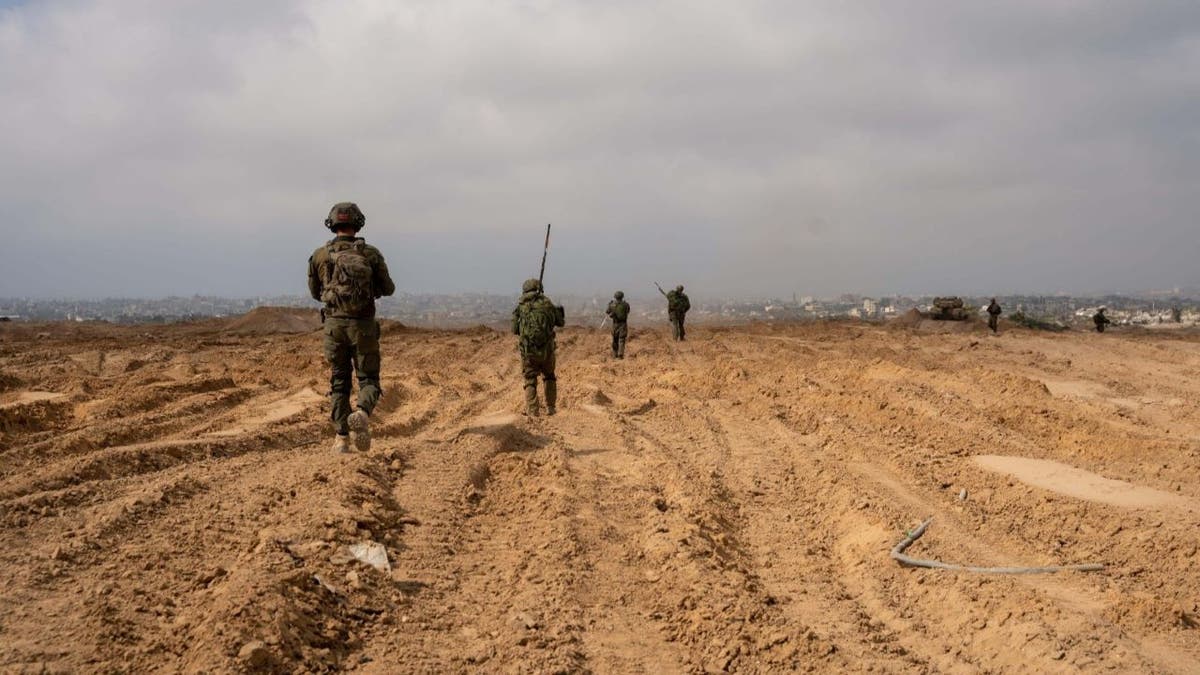
Israeli troops deployed to Gaza. (IDF)
Foundation for Defense of Democracies research analyst Joe Truzman told Fox News Digital that Dujarric’s statement gave the “impression… that the United Nations has deliberately avoided criticizing Hamas and the other Palestinian terrorist groups in Gaza for fear of creating friction with the armed groups. This failed strategy has only emboldened Hamas and its allies, allowing them to exploit UNRWA facilities in Gaza with impunity. Time and again, authorities have uncovered terrorist infrastructure connected to UNRWA facilities, including agency employees who were members of terrorist groups and committed atrocities on October 7.”
On March 23, the IDF killed Hamas political bureau member Ismail Barhoum while he was purportedly operating out of Nassar Hospital in Khan Younis, Gaza. After media outlets, including Al Jazeera, claimed that Barhoum was being treated at the hospital, IDF international spokesperson Lt. Col. Nadav Shoshani Tweeted that Barhoum had “held meetings with other terrorists and senior figures in the terrorist organization” while remaining “in the hospital for many weeks.”
AT LEAST 19 KILLED IN ISRAELI STRIKES IN GAZA, INCLUDING SENIOR HAMAS LEADER
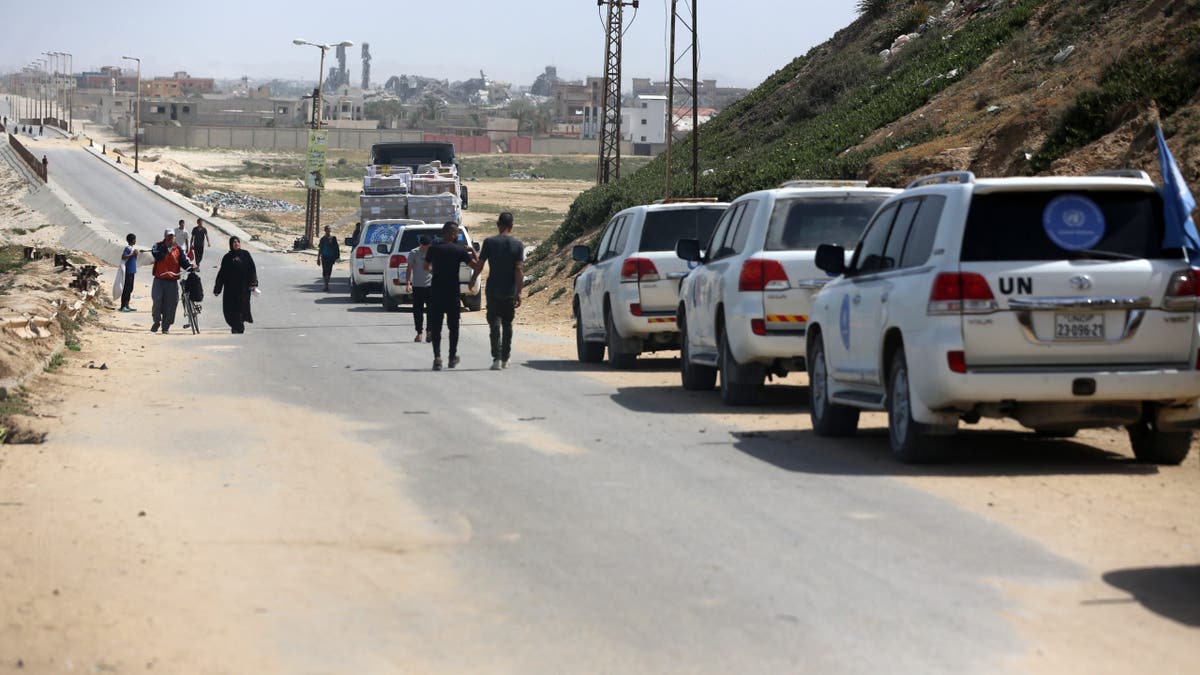
U.N. and the World Health Organization vehicles wait to enter the Gaza Strip with aid intended for hospitals on April 25, 2024. (Majdi Fathi/TPS)
Truzman said the IDF’s explanation was “highly plausible.”
“Hamas has become highly skilled at persuading the public that it does not operate from civilian infrastructure – a demonstrably false assertion,” Truzman said. In a tactic he has “witnessed for years,” he said that “Hamas and its allies deliberately embed themselves within civilian areas to evade detection.”
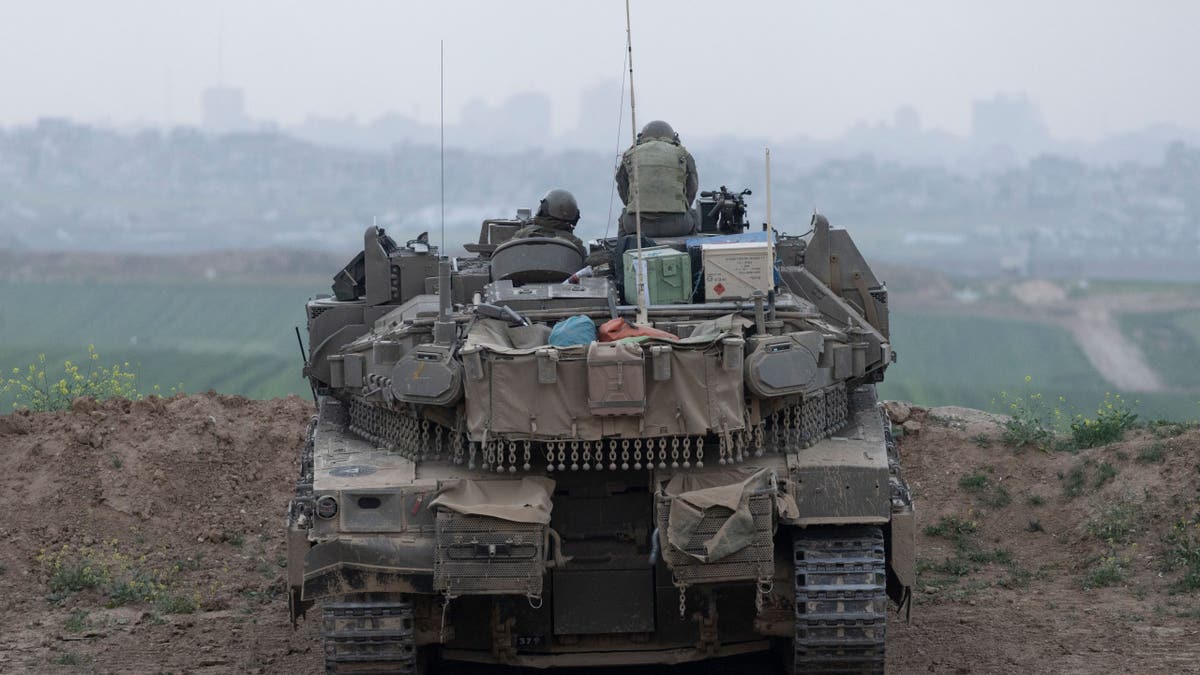
Israeli soldiers sit on a tank in the northern Gaza Strip on March 18, 2025. (Amir Levy/Getty Images)
“The public must understand that Hamas’ top priority is not safeguarding Palestinian civilians but ensuring the Islamist group’s survival,” Truzman said.
Following a ceasefire and partial hostage exchange that saw 25 living and eight deceased hostages returned to Israel and almost 2,000 Palestinian prisoners released, conflict has returned to Gaza. With support from the Trump White House, Israel cut humanitarian aid to Gaza earlier this month in order to pressure Hamas into an extension of the ceasefire, and to free the hostages.
World
At least five killed in RSF shelling in Sudan’s Khartoum: Lawyers’ group

The attack comes as the Sudanese army pushes to take full control of the capital.
Paramilitary shelling on a mosque in eastern Khartoum has killed at least five people and injured dozens, a Sudanese pro-democracy lawyers’ group has said.
The attack on Monday, which has been blamed on the paramilitary Rapid Support Forces (RSF), targeted civilians during evening tarawih prayers at a mosque in the East Nile district of Khartoum, said the Emergency Lawyers network, which has been documenting abuses by both the RSF and the Sudanese Armed Forces (SAF).
This is the second reported attack on civilians since the RSF lost central Khartoum, including the presidential palace, in a major government army offensive on Friday.
On Sunday, RSF artillery also pounded Omdurman, Khartoum’s twin city, killing three civilians in what eyewitnesses described as some of the heaviest bombardments in recent months.
The Sudanese army claims to have seized control of the main headquarters of the country’s central bank from the RSF as it continues to make advances in the capital.
Nabil Abdallah, an army spokesman, said in a statement to the AFP news agency on Saturday that the soldiers had “eliminated hundreds of militia members who tried to escape through pockets in central Khartoum”.
The RSF has consolidated control in the west, hardening battle lines and moving Sudan towards de facto partition. The RSF is setting up a parallel government in areas it controls, although that is not expected to secure widespread international recognition.
Since April 2023, the military, led by army chief Abdel Fattah al-Burhan, has been in an ongoing conflict with the RSF, headed by Burhan’s former deputy commander, Mohamed Hamdan Dagalo.
But the two-year-long conflict has left the country in a deep humanitarian crisis, with tens of thousands of people killed and more than 12 million people displaced.
-
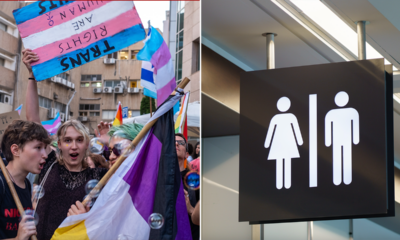
 Midwest1 week ago
Midwest1 week agoOhio college 'illegally forcing students' to share bathrooms with opposite sex: watchdog
-

 News1 week ago
News1 week agoFor Canadians Visiting Myrtle Beach, Trump Policies Make the Vibe Chillier
-

 News6 days ago
News6 days agoTrump Administration Ends Tracking of Kidnapped Ukrainian Children in Russia
-

 News6 days ago
News6 days agoVance to Lead G.O.P. Fund-Raising, an Apparent First for a Vice President
-

 News1 week ago
News1 week agoArlington National Cemetery stops highlighting some historical figures on its website
-

 News1 week ago
News1 week agoBlack Lives Matter Plaza Is Gone. Its Erasure Feels Symbolic.
-

 Movie Reviews1 week ago
Movie Reviews1 week agoPerusu Movie Review: Mourning wood provides comedy that won’t go down in history
-

 Politics1 week ago
Politics1 week agoHouse Democrats to hold 'Day of Action' to push back against GOP-backed spending bill




